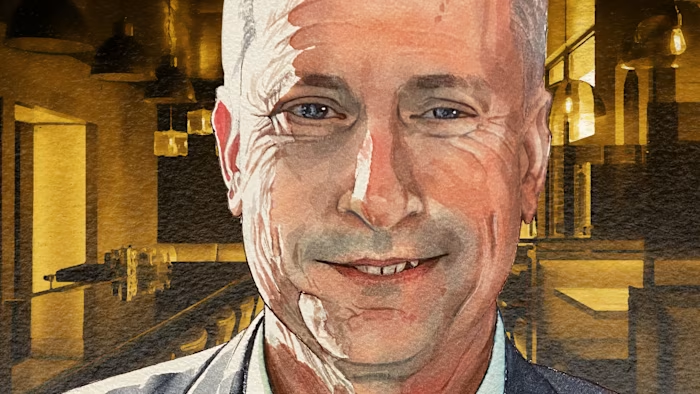Just weeks after I had discussed everything from China to artificial intelligence over lunch in Washington with Andrew Shearer, head of Australian intelligence, one thing I had not asked him about erupted in a stunning way: domestic terrorism, in…
Category: 2. World
-
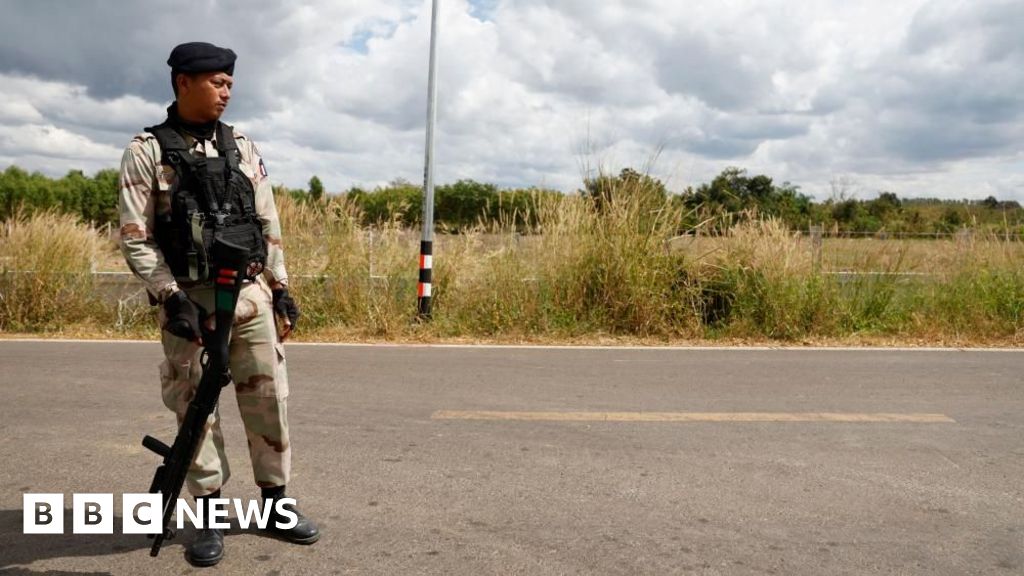
Thailand bombs Cambodian border area as ceasefire talks continue
Thailand carried out air strikes on a disputed border area with Cambodia on Friday, as officials from both sides continued talks to try to end fighting.
The Thai Air Force said it had hit a Cambodian “fortified military position” after civilians…
Continue Reading
-
Two Israelis killed in Palestinian car-ramming and stabbing attack, police say
Two people were killed when a Palestinian man launched a car-ramming and stabbing attack in northern Israel, police said Friday.
The suspect is a Palestinian from the occupied West Bank,…
Continue Reading
-
Department of Municipalities and Transport opens 16 new parks in Al Shamkhah, Abu Dhabi – مكتب أبوظبي الإعلامي
- Department of Municipalities and Transport opens 16 new parks in Al Shamkhah, Abu Dhabi مكتب أبوظبي الإعلامي
- Abu Dhabi opens 16 parks in Al Shamkhah to enhance community liveability Arabian Business
- Abu Dhabi opens 16 new parks…
Continue Reading
-
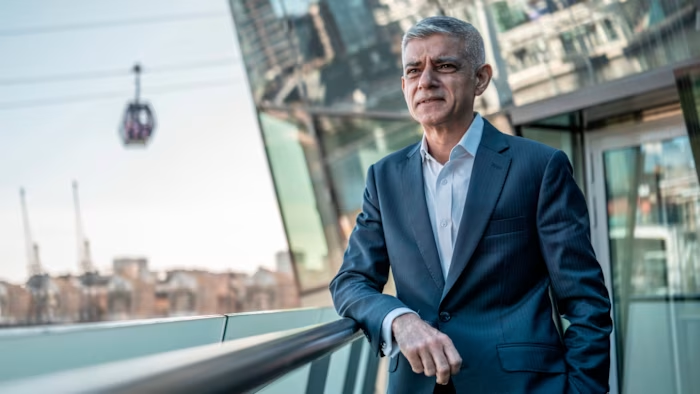
Populists attack London because it is ‘progressive and successful’, says Sadiq Khan
Unlock the Editor’s Digest for free
Roula Khalaf, Editor of the FT, selects her favourite stories in this weekly newsletter.
Sir Sadiq Khan, London’s mayor, has claimed that President Donald Trump continually attacks the British capital because…
Continue Reading
-
UNRWA Situation Report #202 on the Humanitarian Crisis in the Gaza Strip and the occupied West Bank, including East Jerusalem – UNRWA
- UNRWA Situation Report #202 on the Humanitarian Crisis in the Gaza Strip and the occupied West Bank, including East Jerusalem UNRWA
- Gaza Strip: IPC Acute Food Insecurity and Acute Malnutrition Special Snapshot | October 2025 – April 2026…
Continue Reading
-
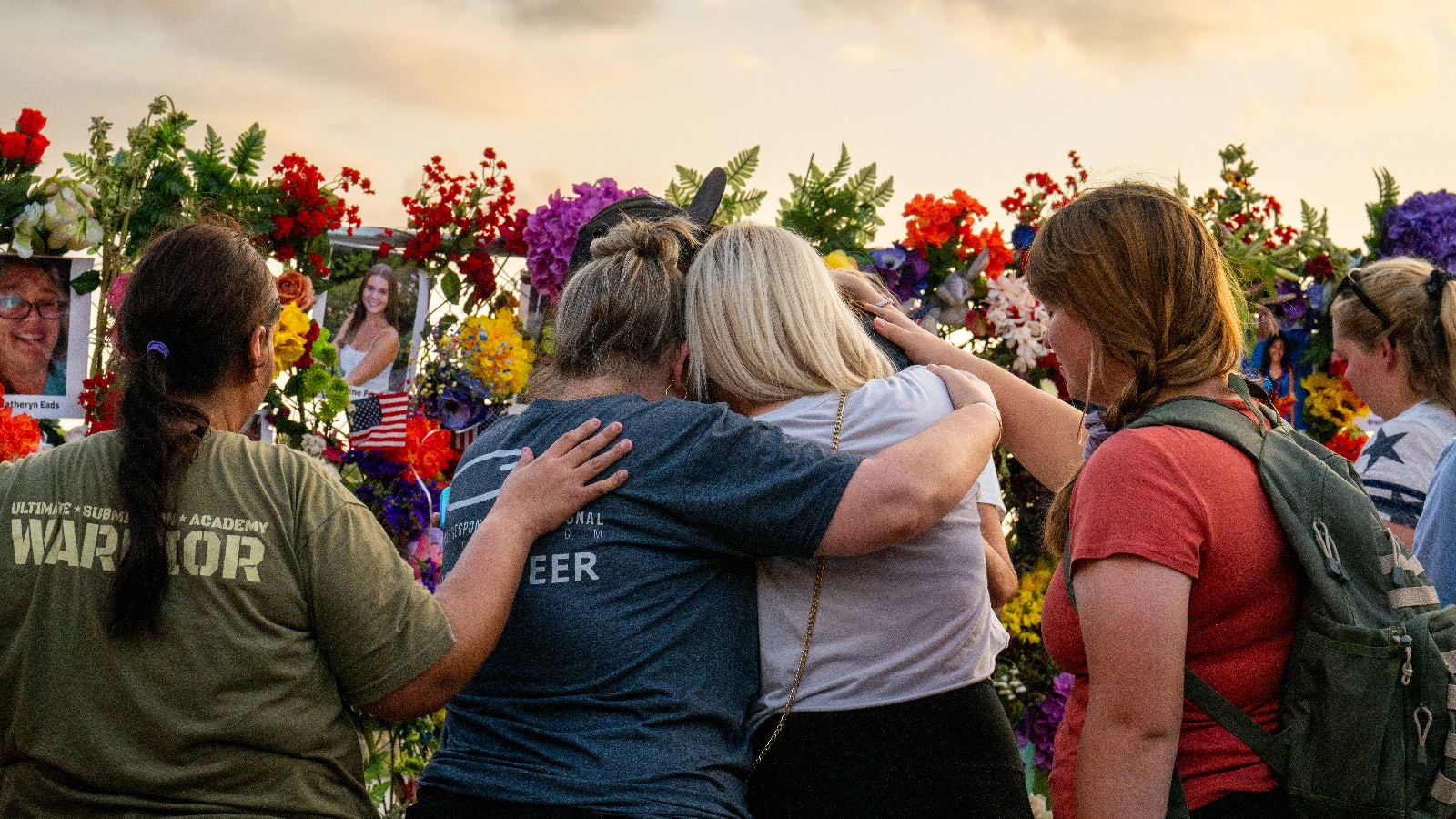
Six photos show how climate change shaped our world in 2025 » Yale Climate Connections
Climate change touched every corner of the globe in 2025. As a result of the work of scientists at organizations like World Weather Attribution and Climate Central, it’s easier than ever to understand how specific weather events are…
Continue Reading
-
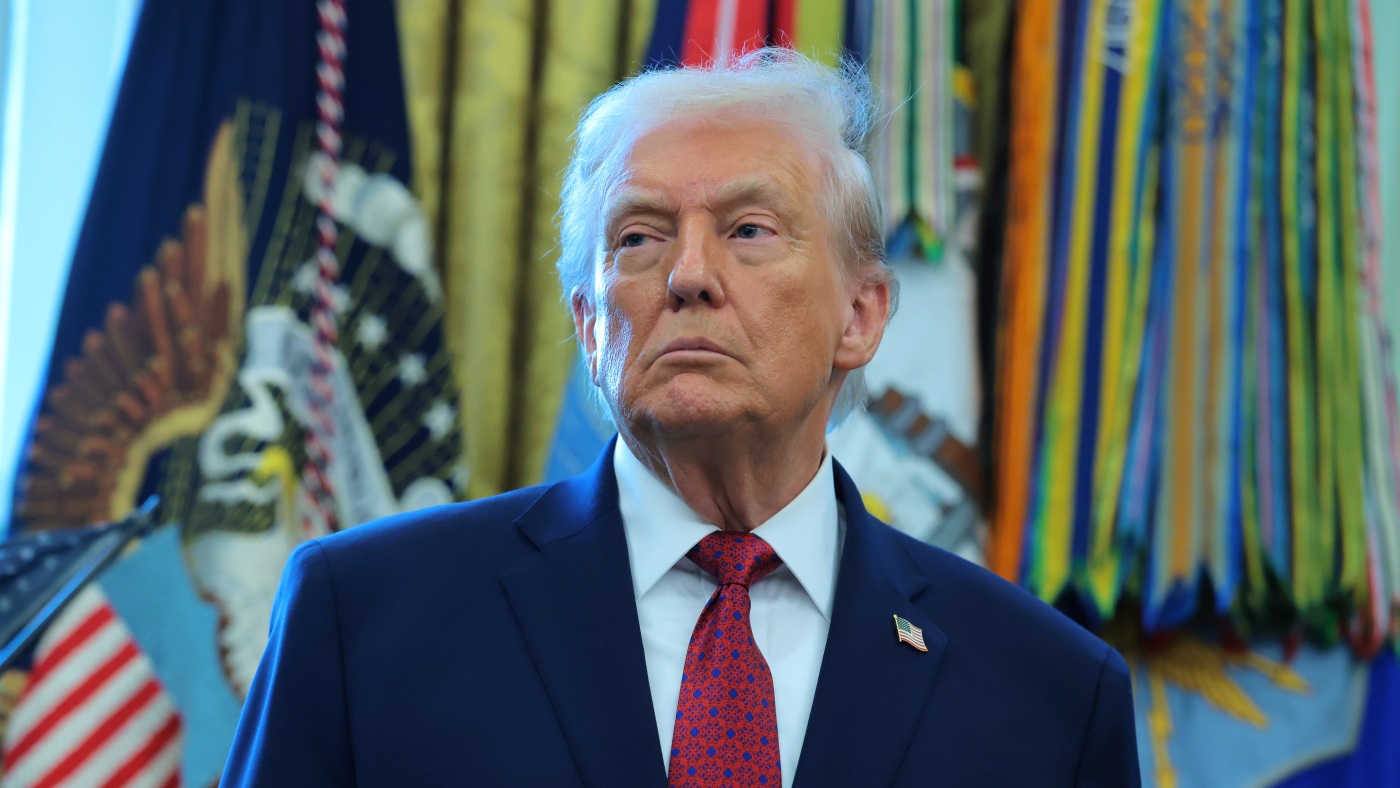
U.S. strikes ISIS; Congress recap; holiday spending : NPR
(SOUNDBITE OF MUSIC)
LEILA FADEL, HOST:
The U.S. says its military struck Islamic State militants in northwestern Nigeria. The president says the strikes on Christmas Day were aimed at stopping the killing of Christians,…
Continue Reading
-
Foreign Ministry Spokesperson Lin Jian’s Regular Press Conference on December 26, 2025_Ministry of Foreign Affairs of the People’s Republic of China

RT TV: The Japanese government approved the draft budget for fiscal year 2026 on December 26, with the defense budget exceeding JPY nine trillion, hitting a new record. What is China’s comment?
Lin Jian: We noted the reports. Despite recent…
Continue Reading
-
Egypt reiterates its firm position on supporting legitimacy of Yemen – الهيئة العامة للاستعلامات
- Egypt reiterates its firm position on supporting legitimacy of Yemen الهيئة العامة للاستعلامات
- Bahrain expresses support for efforts aimed at promoting security and stability in Yemen وكالة أنباء البحرين
Continue Reading
